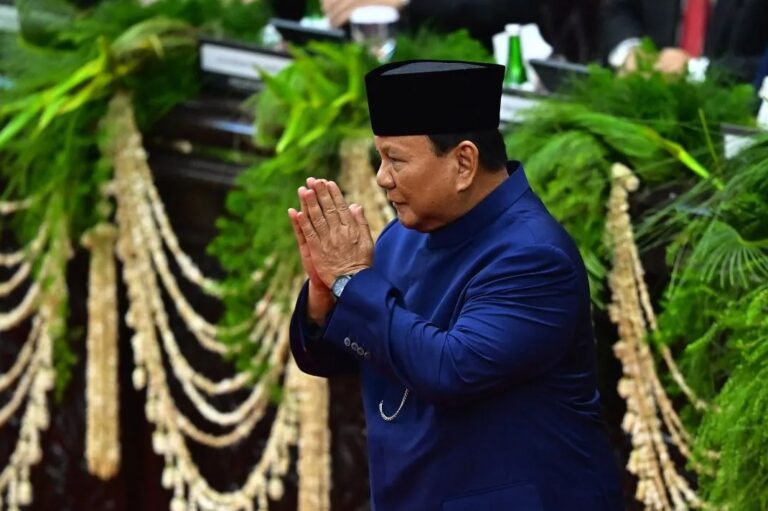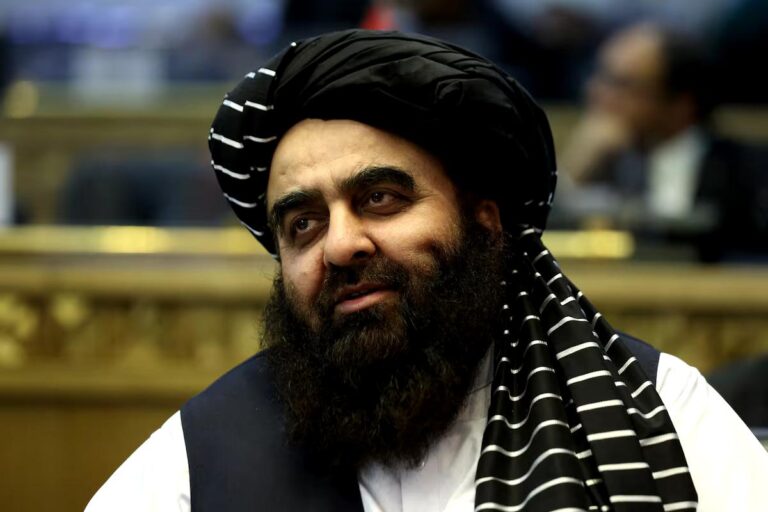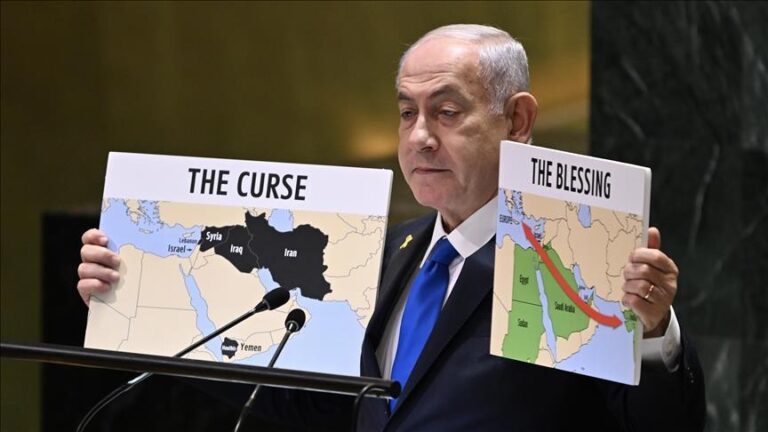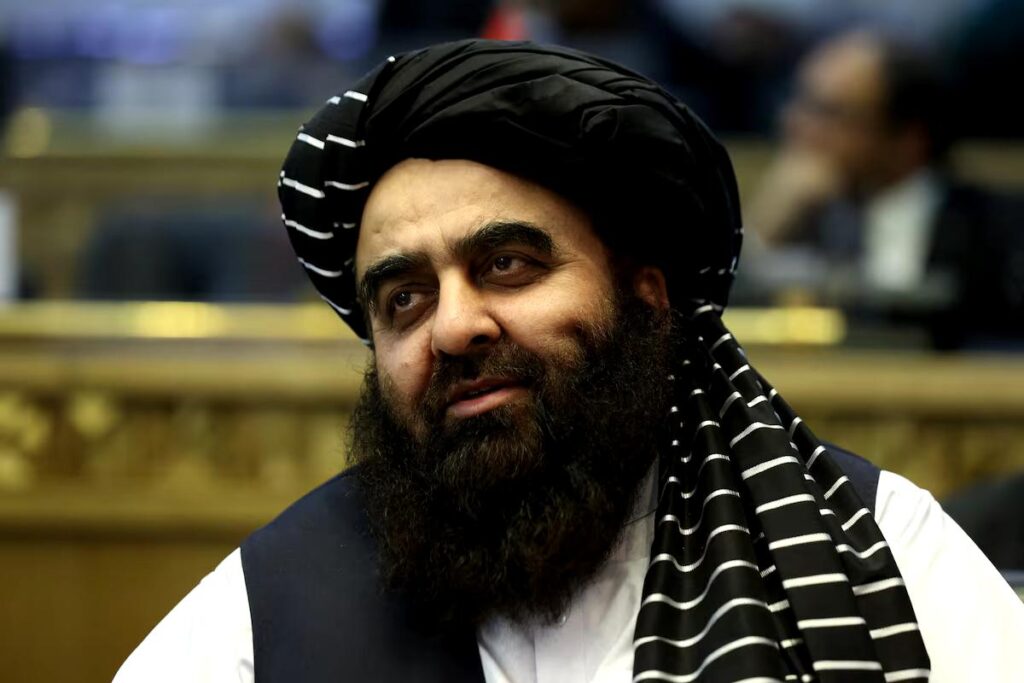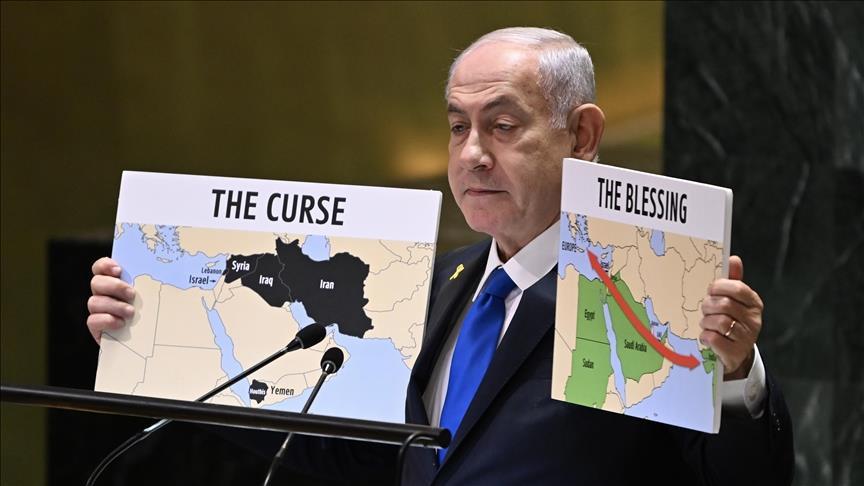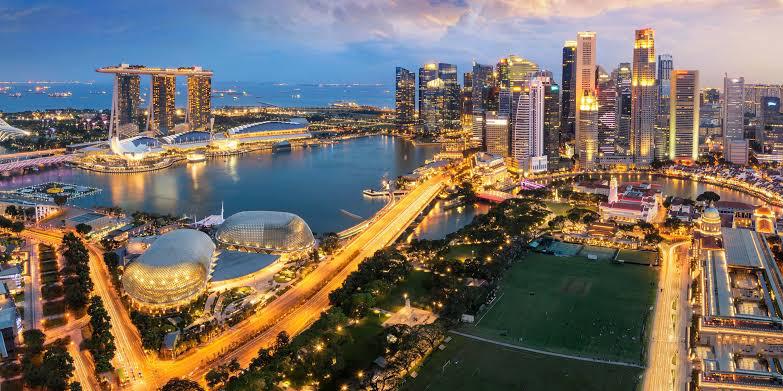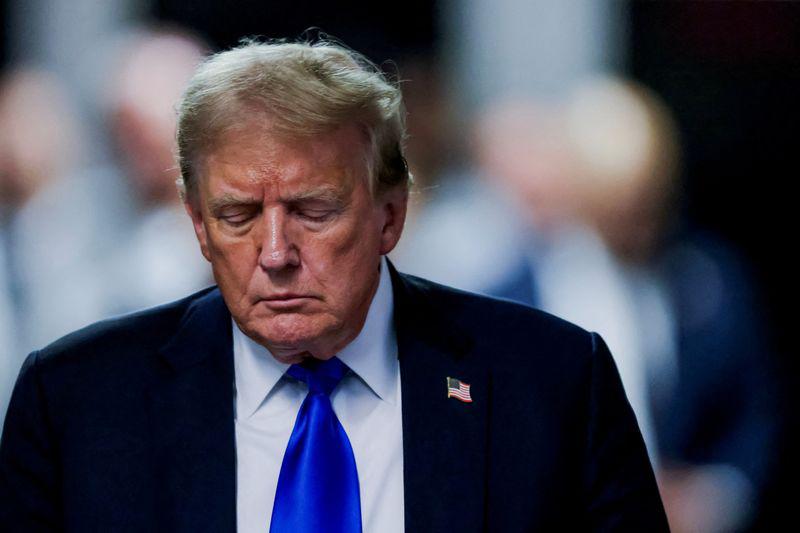On January 7, 2025, Indonesia officially joined the BRICS group. This marks a major milestone for Indonesia, which now enhances its global role. Brazil, holding the rotating BRICS presidency, made the announcement. Indonesia expressed its enthusiasm, welcoming the opportunity to boost international cooperation.
BRICS: A Counterbalance to the West
BRICS was formed in 2009 by Brazil, Russia, India, and China. South Africa joined in 2010. In recent years, the bloc has expanded to include Iran, Egypt, Ethiopia, and the UAE. BRICS is seen as a counterweight to Western dominance in global affairs. It aims to reduce reliance on the U.S. dollar and promote alternative currencies for trade.
Indonesia’s inclusion further strengthens the bloc. Southeast Asia’s largest economy, Indonesia is now part of a growing group that influences global trade, politics, and economics.
Indonesia’s Motivation and Strategic Objectives
Indonesia views BRICS membership as a strategic step to deepen its ties with developing nations. The country seeks equality, mutual respect, and sustainable development through international cooperation. The Indonesian government expressed gratitude to Russia, the current BRICS chair, for its support in facilitating the move.
Brazil, which currently holds the BRICS presidency, welcomed Indonesia’s alignment with the group’s goals. These include reforming global governance and strengthening cooperation in the Global South.
BRICS Expansion and the Changing Global Order
Indonesia’s membership marks the continued expansion of BRICS. This growth signifies a shift in the global power structure. The group advocates for reforming global institutions, such as the World Bank and IMF, to reflect the interests of the Global South.
In addition to trade, BRICS is focused on sustainable development and regional cooperation. Indonesia’s participation strengthens these efforts. It brings fresh perspectives to the group’s agenda and enhances its global influence.
Challenges and Opportunities Ahead
As a BRICS member, Indonesia must navigate the bloc’s diverse political and economic systems. While common goals unite the group, differences remain. However, Indonesia’s diplomatic experience and Southeast Asian influence are valuable assets in overcoming these challenges.
Indonesia also joins the BRICS push for a common currency. This currency aims to reduce dependency on the U.S. dollar. Such a move could reshape the global financial system.
Looking Ahead
Indonesia’s membership in BRICS offers a unique opportunity to shape global governance. The country can now advocate for policies that promote fairness and sustainable development. As the Global South gains influence, Indonesia’s role will become even more critical.
In conclusion, Indonesia’s entry into BRICS signals a growing shift toward multipolarity in global politics. It represents Indonesia’s commitment to a more inclusive and balanced global order.

